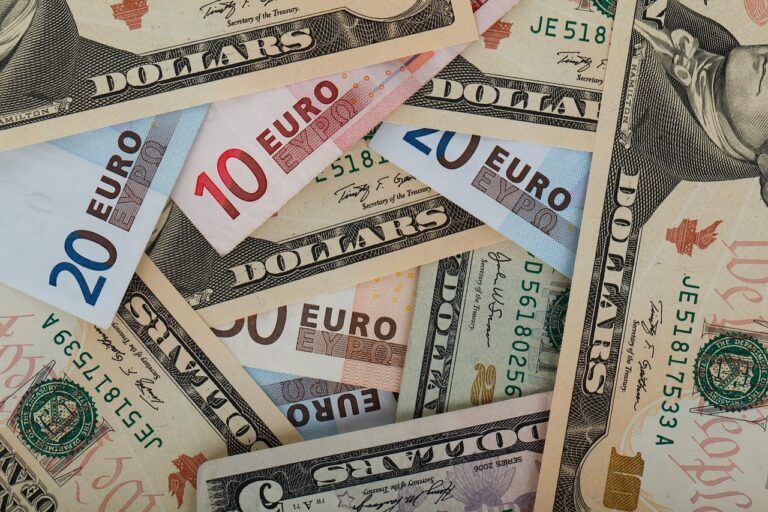In a recent opinion piece for The New York Times, Nobel laureate economist Paul Krugman offers a compelling counter-narrative to the conservative portrayal of Europe as a cautionary tale for the United States. Through his characteristic blend of wit and wisdom, Krugman challenges the assertions made by figures like Kristi Noem, the governor of South Dakota, about the supposed perils of President Biden’s policies leading the U.S. down a European path.
Krugman is an American economist and professor. He is best known for his work in international economics and macroeconomics. Krugman is a recipient of the Nobel Memorial Prize in Economic Sciences, awarded in 2008 for his analysis of trade patterns and location of economic activity.
Born on February 28, 1953, in Albany, New York, Krugman earned his bachelor’s degree from Yale University and his Ph.D. from MIT. He has held various prestigious academic positions throughout his career, including professorships at MIT, Princeton University, and the City University of New York.
Krugman gained prominence through his academic research, writing, and public commentary on economic issues. He has authored numerous books, columns, and articles, contributing regularly to publications such as The New York Times, where he writes a regular column on economics and politics.
In addition to his academic and journalistic work, Krugman is known for his advocacy of Keynesian economics and his critiques of austerity measures during economic downturns. He has been a vocal critic of certain economic policies and has engaged in debates with other economists and policymakers on various economic issues.
Europe vs. U.S.: A Reality Check
Krugman begins his critique by humorously engaging with the warnings of Kristi Noem, the Republican governor of South Dakota, who has vocally expressed concerns that President Biden’s policies might ‘turn us into Europe.’ Noem, a prominent figure within the MAGA movement and sometimes mentioned as a potential running mate for Donald Trump, represents the conservative apprehension towards adopting European social and economic models. Krugman jests about such fears, highlighting the potential benefits of the European approach, such as increased life expectancy and improved public services, to question whether these outcomes would indeed be as detrimental as Noem suggests.
Contrary to these claims, Krugman points out that, as of 2019, Europe and the U.S. were economically similar in many respects. Employment rates for adults in their prime working years were slightly higher in major European countries than in the U.S., debunking the myth of mass European unemployment. Furthermore, productivity levels in Europe were on par with those in the U.S., indicating that Europeans are just as technologically savvy and innovative.
The True Picture of European Prosperity
Krugman acknowledges that while real GDP per capita is generally lower in Europe than in the U.S., this is largely due to Europeans choosing to take more vacation time, a lifestyle choice rather than an economic shortcoming. He also highlights the increasing life expectancy gap favoring Europe, suggesting a higher quality of life.
Addressing the real issues Europe faces, such as Sweden’s gang violence and Denmark’s right-wing populism, Krugman asserts that these problems do not detract from Europe’s overall economic and social health, especially when compared to other parts of the world.
Demography as the Key to Economic Growth Differences
Krugman attributes the perceived economic growth disparity between the U.S. and Europe primarily to demographic differences. The U.S. working-age population saw significant growth from 1999 to 2019, unlike Europe’s, which remained stagnant. This demographic factor largely explains the difference in overall GDP growth, with both regions seeing similar per capita growth rates when adjusting for working-age population changes.
Pandemic and Policy Responses
Turning to the pandemic era, Krugman notes that both Europe and the U.S. faced inflation due to COVID-19 disruptions and Russia’s invasion of Ukraine. However, the U.S. experienced a stronger economic recovery, likely due to more aggressive government spending under Biden’s administration. Krugman criticizes European policymakers for their conservative approach to economic recovery, focusing too much on inflation and debt at the expense of growth.
Featured Image via Pixabay









